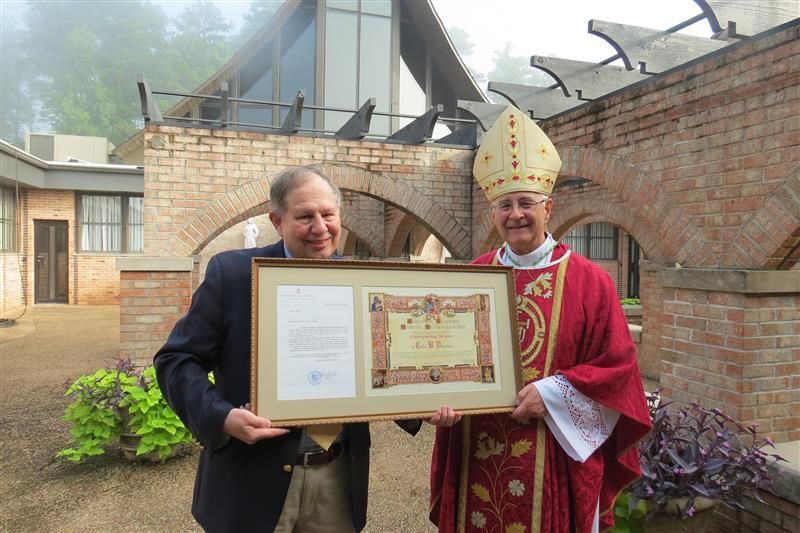
CNA Staff, Oct 4, 2024 / 17:55 pm (CNA).
Crowds of people gathered in downtown Columbus, Ohio, today for the Ohio March for Life, the first such gathering to be held in the state since Ohio voters approved a sweeping constitutional amendment to expand abortion.
Photos and videos posted on social media show marchers holding handmade signs on the theme “With Every Woman, for Every Child,” which mirrors the theme for the annual national March for Life that took place in January in Washington, D.C. The organizers of the national march — which bills itself as the world’s largest annual human rights demonstration — have also been focusing on developing state-level pro-life marches in recent years.
Speakers at this year’s Ohio march included Bishop Robert Pipta of the Byzantine Catholic Eparchy of Parma and Aaron Baer, president of the Center for Christian Virtue.
Kevin Jorrey, director of the Diocese of Toledo’s Office for Life and Justice, told local news outlet The Blade that local communities, including churches, must be there for the most vulnerable, including young mothers.
“No matter what happens legislatively, politically, we’re out here to stand up and stand for life,” he told The Blade. “We get to be the voice for the voiceless, no matter what the political landscape is.”
Attendance figures for this year’s march have not yet been released; at last year’s march in Columbus, 5,000 people were expected.
Thank you for marching for life, @OhioAG! @March_for_Life @CCVPolicy @sbaprolife https://t.co/rhA5uFIaAP
— Ohio Right to Life (@ohiolife) October 4, 2024
Thank you Ohio for marching for life.
“And let us not grow weary of doing good, for in due season we will reap, if we do not give up.” Galatians 6:9@March_for_Life @CCVPolicy @sbaprolife pic.twitter.com/saqMIBVvy4
— Ohio Right to Life (@ohiolife) October 4, 2024
The new constitutional amendment in Ohio, passed late last year, added a new section to the Ohio Bill of Rights in the state constitution that guarantees that “every individual has a right to make and carry out one’s own reproductive decision,” including, but not limited to “abortion.” Although the amendment’s language allows the state to impose some restrictions “after fetal viability,” the amendment does not establish a clear cutoff for when viability occurs.
The measure was approved by voters in Ohio by a margin of about 13 points on Nov. 7, 2023.
The Ohio Catholic Conference, which represents the state’s bishops, had strongly opposed the amendment. The “no” campaign also received financial backing from both the Knights of Columbus, a Catholic fraternal organization, and the Catholic Diocese of Columbus, Ohio.
Ohio has been a battleground state for abortion for the past several years. Notably, Republican Gov. Mike DeWine in 2019 signed a “heartbeat” abortion law that was later blocked in court. The state also briefly had a six-week abortion ban on the books after the U.S. Supreme Court overturned Roe v. Wade, which was blocked by a federal judge in October 2022.
Abortions ticked up in Ohio in 2023 compared with 2022, according to a new report from the Ohio Health Department. According to the report, the total number of abortions in Ohio in 2023 was 22,000, an increase from the 2022 number but relatively on par with abortion numbers in the state over the last 10 years. The majority — 63% — of those abortions were performed on women who were fewer than nine weeks pregnant.
If you value the news and views Catholic World Report provides, please consider donating to support our efforts. Your contribution will help us continue to make CWR available to all readers worldwide for free, without a subscription. Thank you for your generosity!
Click here for more information on donating to CWR. Click here to sign up for our newsletter.






Leave a Reply